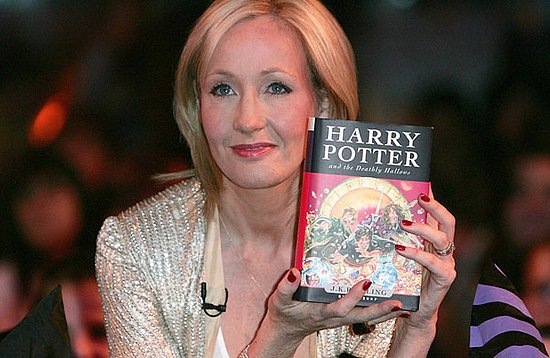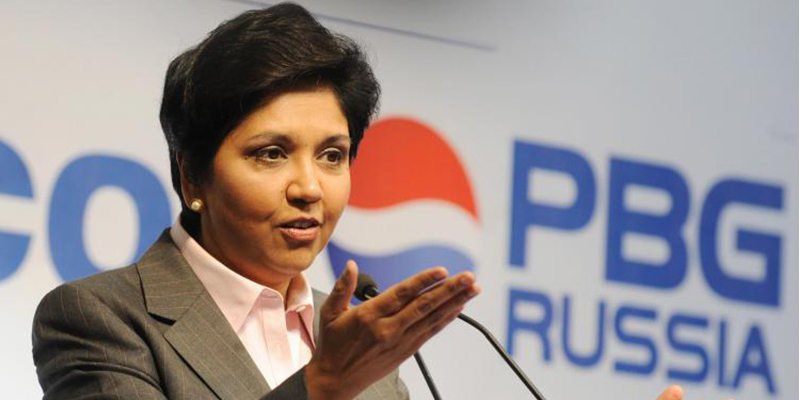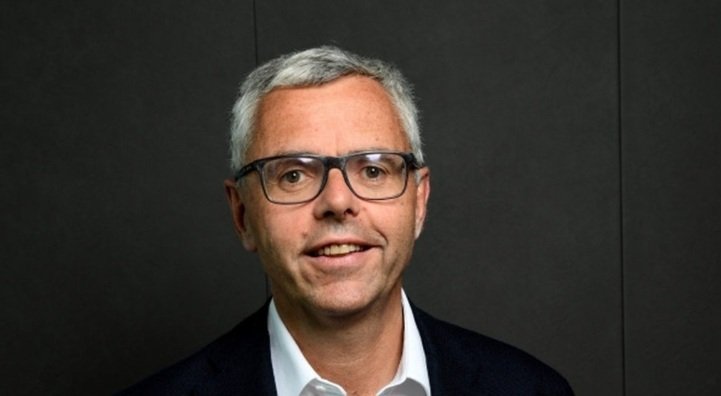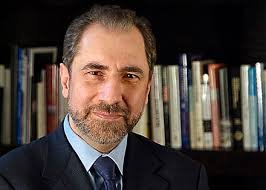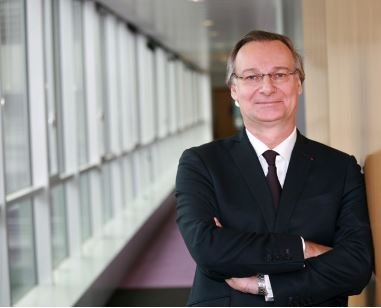British writer Joanne Kathleen Rowling became famous with her series of novels dedicated to the adventures of Harry Potter, one of the greatest literary phenomena in history. The adventures of an orphan boy with magical powers, capable of escaping at will to a fantasy world, broke all sales records in genre literature, although many critics were reluctant to label Rowling’s books as children’s stories, just as had happened with the famous Tom Sawyer by Mark Twain.
Joanne Kathleen Rowling was born on July 31, 1965, in the small British town of Chipping Sodbury, near Bristol, in the southwest of the island. Due to her father Peter’s job—an engineer at the Rolls-Royce company married to Anne, a Scottish woman with French roots—her family had to move several times during the childhood of little Jo and Di, affectionate family nicknames for the future novelist and her younger sister, Dianne.
After a brief stay in Yate, they moved to Winterbourne, always staying near the suburbs of Bristol, an environment in which the first memories of the imaginative girl were formed, as she spent hours sharing dreams and fantasies with her sister. A precocious reader and writer, an enthusiastic fan of devouring adult novels, at the age of six she came up with a rabbit who had the honor of being her first hero in a story she titled Rabbit.
Once she graduated from Wyedean, Joanne K. Rowling enrolled at the University of Exeter where, following her father’s advice, she studied French with the purpose of later finding a good job as a bilingual secretary. With her degrees in French language and literature still fresh, she moved to the headquarters of Amnesty International in London to conduct research on human rights violations in French-speaking Africa.
In Lisbon, she enjoyed teaching her native language to Portuguese students and had plenty of time to write, her true calling. There she met and fell in love with Jorge Arantes, a Portuguese television journalist whom she married in October 1992 and with whom, a year later, she had a daughter named Jessica “in honor of a British brigadier who had fought in the Spanish Civil War,” as she said in an interview. Despite the happy event, the marriage did not prosper and soon ended in divorce.
She went through prestigious publishers such as Penguin and HarperCollins without success, carrying a typed copy of her manuscript prepared by herself, until in 1997 she finally managed to get the prestigious British publishing house Bloomsbury to publish the book. A few months later, Scholastic Press bought the rights to the novel for the United States for an amount exceeding 14.5 million pesetas, a very significant sum for a children’s book. Rowling began to gain popularity in her own country, and during the first few months, she was completely overwhelmed by the situation, unable to write a single line.
The publication of her first book—signed with the initials J. K. at the suggestion of the publishers, who feared that children would not want to read a book about a boy written by a woman—meant a magical turning point in her life. The reality of the extraordinary success far exceeded all expectations of the British and American publishers who had released it. The subsequent editions of the following books in the series (Harry Potter and the Chamber of Secrets and The Prisoner of Azkaban) reaffirmed the initial success and gave rise to a literary phenomenon that the press called “Pottermania.”
Awarded the title of Officer of the British Empire and ranked as the third-highest earner in her country according to a list by the prestigious Forbes magazine, Joanne tried to maintain her discreet lifestyle against all odds. Every morning, she continued taking her daughter to school whenever the promotional tours of her novels allowed it, and she tried to write the remaining Harry Potter books in other cafés in Edinburgh, far from the harassment of journalists.



